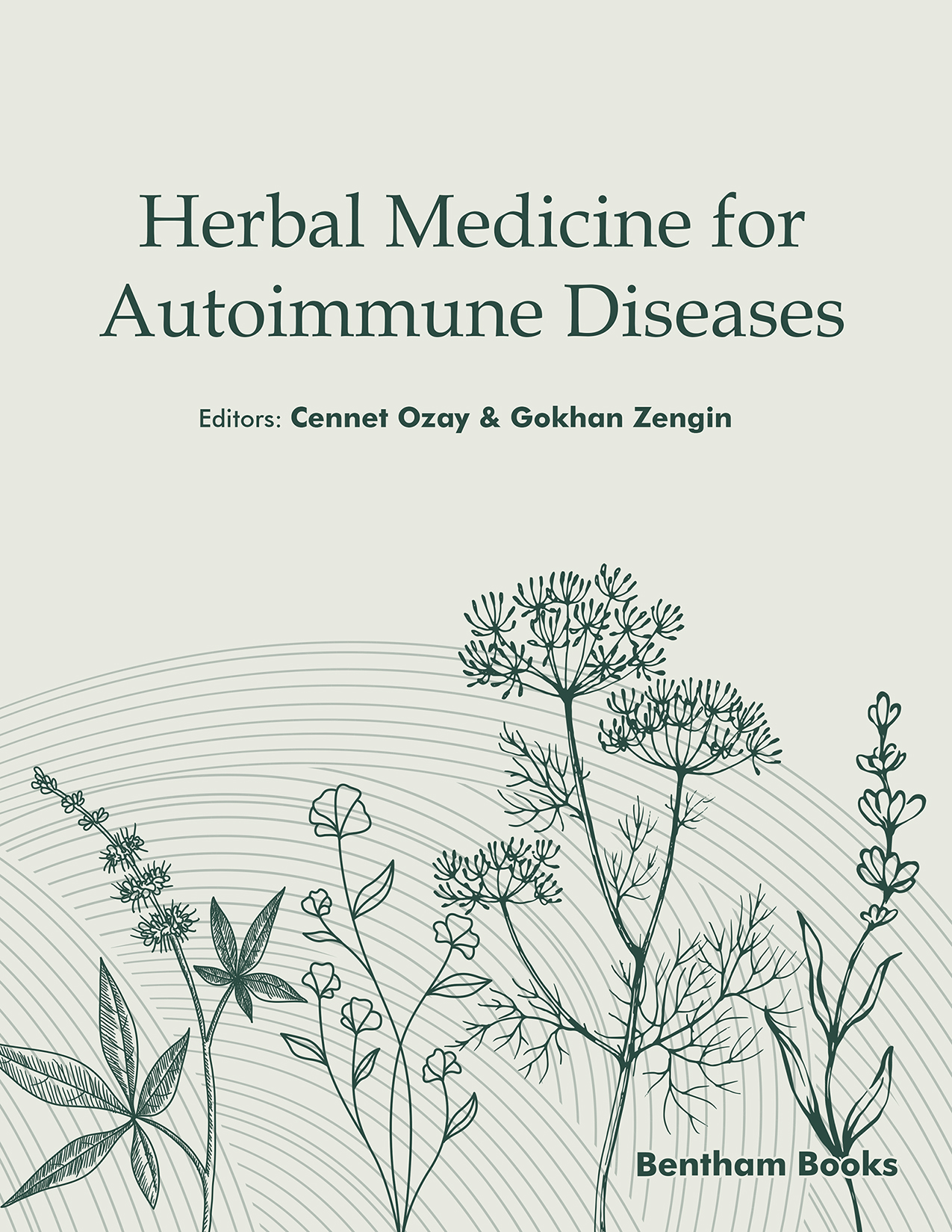Autoimmune diseases are common conditions in which impaired immune activation leads to pathological immune responses directed against either cellular or organ-specific self-antigens. The exact cause of autoimmune diseases is generally unknown, but stress, genetics, and environmental factors have been suggested as possible triggers. However, the connection between these proposed factors and autoimmune diseases is very complex. They are generally undertreated and there is currently no cure for these diseases. Immunosuppressive and immunomodulatory drugs are used in the treatment of autoimmune diseases, but they cannot cure these diseases, only slow down their progression. These medications are also associated with significant adverse effects. Given that the global increase in autoimmune diseases is leading to increased individual and societal suffering as well as higher private and public healthcare costs, the development of appropriate treatments for patients with autoimmune diseases is of great importance.
Therefore, various studies have been carried out to find an effective treatment. Due to their anti-oxidant and anti-inflammatory properties, herbal medicines and their phytochemicals appear to be a promising therapy. Hence, the main purpose of this book is to draw attention to herbal medicines for autoimmune diseases. Data on the therapeutic potential of related medicinal plants for autoimmune diseases can now be accessed from a single source. The book begins with an introductory chapter that serves as a framework for understanding autoimmunity and autoimmune diseases, as well as key principles and components of the immune system. The following chapters of the book, introduce potential medicinal plants and their phytochemicals that can be used in the management of autoimmune diseases such as multiple sclerosis, type 1 diabetes, rheumatoid arthritis, celiac disease, inflammatory bowel disease, Graves’ disease, Hashimoto thyroiditis, and systemic lupus erythematosus, which are among the most common autoimmune diseases in the society mentioned with evidence-based data from preclinical and clinical studies. It is known that traditional knowledge about the use of medicinal plants in therapy is an important resource for the discovery of new treatment options and drug targets. One chapter of the book focuses on phyto-nano drug delivery systems that can enhance the efficacy of medicinal plants in the treatment of rheumatoid arthritis. Another chapter provides a comprehensive overview of berry fruits related to autoimmune diseases.
As editors, we would like to express our special thanks to all the contributing authors for making their invaluable chapter contributions in a timely manner, thereby enabling us to publish this book on time. We would also like to express our heartfelt thanks to the team at Bentham Science Publishers for their invaluable help and kind support throughout the editorial process of this book.
Finally, we would like to thank our family members, all the esteemed teachers, friends, colleagues, and students for their constant encouragement, inspiration, and support during the preparation of this book. Together with our contributing authors and publishers, we hope that our efforts will meet the needs of students, academics, researchers, and professionals in the pharmaceutical industry.
Cennet Ozay
Izmir Katip Celebi University, Faculty of Pharmacy
Department of Basic Pharmaceutical Sciences
Izmir 35620, Türkiye
&
Gokhan Zengin
Department of Biology, Science Faculty
Selcuk University, Konya 42130
Türkiye

